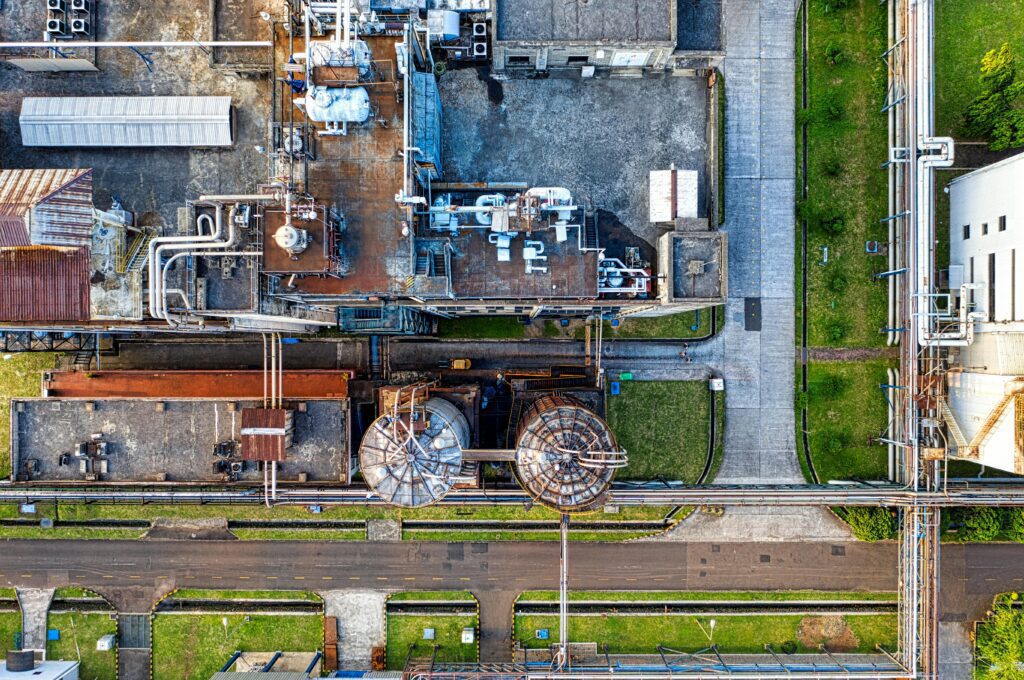
The Next Resource Revolution
“The Next Resource Revolution” In an era marked by rapid technological advancement and growing environmental challenges, the quest for sustainable resources has taken center stage. The world is witnessing a paradigm shift in how we perceive and utilize resources, driven by the urgent need to mitigate climate change, reduce pollution, and ensure a sustainable future for generations to come. This transition, often referred to as the “Next Resource Revolution,” is characterized by innovative approaches to resource discovery, extraction, and utilization that prioritize environmental stewardship and long-term sustainability.
One of the key drivers of the Next Resource Revolution is the recognition that traditional resource extraction and consumption patterns are no longer viable in a world facing unprecedented environmental crises. Climate change, biodiversity loss, water scarcity, and pollution have highlighted the urgent need to rethink our approach to resource management. As a result, scientists, engineers, entrepreneurs, and policymakers are collaborating across disciplines to explore new frontiers of sustainability.
At the heart of this revolution is the exploration and development of alternative and renewable resources. Renewable energy sources such as solar, wind, hydroelectric, and geothermal power have gained significant traction as viable alternatives to fossil fuels. The declining costs and increasing efficiency of renewable energy technologies have made them increasingly competitive in the global energy landscape. Countries and companies are investing heavily in renewable energy infrastructure, recognizing not only the environmental benefits but also the economic opportunities they present.
Moreover, advancements in energy storage technologies are overcoming one of the main challenges of renewable energy – intermittency. Battery storage systems, hydrogen fuel cells, and other innovative storage solutions are enabling the seamless integration of renewable energy into existing grids, providing a reliable and sustainable energy supply.
The Next Resource Revolution also encompasses sustainable approaches to traditional resource sectors such as agriculture, forestry, and mining. Agroecological practices that promote soil health, biodiversity, and water conservation are gaining popularity among farmers worldwide. Precision agriculture technologies, including IoT sensors, drones, and AI-powered analytics, are optimizing resource use and improving crop yields while minimizing environmental impacts.
In forestry, sustainable logging practices, reforestation efforts, and the development of alternative materials to replace wood-based products are reducing deforestation rates and preserving vital ecosystems. Similarly, responsible mining practices, recycling technologies, and the use of advanced materials are reducing the environmental footprint of mining activities and promoting a circular economy approach to resource utilization.
The Next Resource Revolution is not limited to energy and natural resources but extends to water management, waste reduction, and sustainable urban development. Water-stressed regions are adopting innovative water purification and desalination technologies to meet growing demand sustainably. Cities are embracing green infrastructure, smart transportation systems, and circular waste management practices to enhance resilience and reduce environmental pollution.
Central to the success of the Next Resource Revolution is collaboration among stakeholders – governments, industries, academia, and civil society. Policymakers play a crucial role in setting ambitious sustainability targets, implementing supportive regulations, and incentivizing green investments. Businesses are incorporating sustainability into their core strategies, adopting circular business models, and developing eco-friendly products and services.
Educational institutions are equipping the workforce with the skills and knowledge needed for a sustainable future, while advocacy groups and citizens are driving demand for sustainable practices and holding stakeholders accountable.
The Next Resource Revolution represents a transformative shift towards a more sustainable and resilient global economy. By embracing innovation, collaboration, and responsible stewardship of resources, we can navigate the challenges of the 21st century and build a world where prosperity is in harmony with the planet’s health.